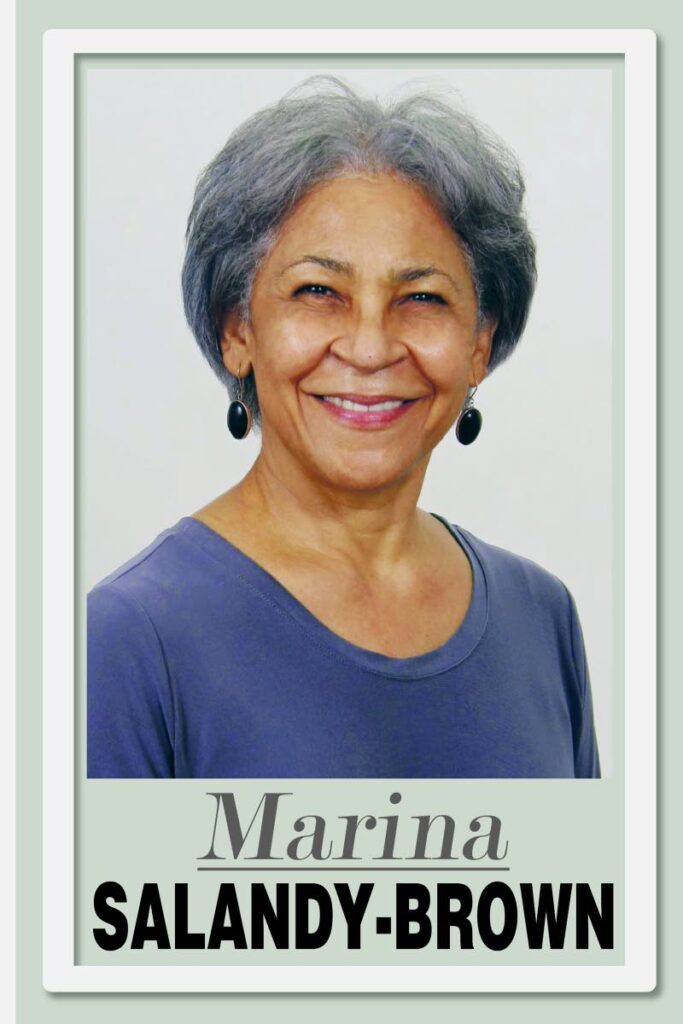Legacy of Independence

Independence, August 31, 1962. Republic, August 1, 1976. Two steps along the very long road to successful nationhood. Exactly what success looks like changes as the world around us shifts.
Our journey thus far has been punctuated by the 1970 rebellion, after which many citizens fled the country, although it was about much more than black power. It was the first rupture in the dream of Independence.
It shattered the hope that we could be the rainbow country we thought we were and it deepened the racial polarisation, not between people of Indian and African origin, which was already in train, but between the rest. Self-exile altered the demography.
In some ways, however, the popular uprising was a positive experience, because it forced us to examine what was this thing called managing our own affairs. It was tough, but it was the beginning of a sentient new generation and public. It tested our government and taught it several lessons.
Then came the 1990 attempted coup: a primal scream which, apart from reawakening us to the dangers of religious fanaticism and the isolation of sections of the population, produced no long-term benefits, only sorrow. Too many people died for no reason, too many people remain wounded.
Many commentators lay the blame for the current lawlessness squarely upon the shoulders of the perpetrators of that terrible crime against the state and the people of this country. And then the ignominy, the profoundly damaging and lingering effects of there being no punishment for the crime.
The hubris of an ill-conceived and poorly conducted attack on the state, the pointlessness of such a revolt are captured nowhere better than in Earl Lovelace’s superb prizewinning novel Salt, about the scars of colonial humiliation and post-colonialism disappointment.
Perhaps the best that can be said about that episode is that it gave our defence force a chance to deal with another textbook event. The TTDF should not have been surprised, though, given all the violent upheavals involving other defence forces that took place in the 1970s onwards in the region.
Our march to independence and to being a republic was led by Dr Eric Williams. To people of my generation he was a hero. Like all heroes, he was complex and imperfect, but he was an exceptional scholar and visionary who dedicated his life to our country and led us into the post-colonial era.
No public monument to Dr Williams exists, although he has been dubbed Father of the Nation. The reason apparently is that he ordained it to be so. That may be a fact, but it is a queer one, since he haunts our past as no other public figure does.
Now, thanks to the strenuous efforts of his daughter Erica and the Prime Minister’s enlightened desire to save our capital’s historic sites for future generations, we have a most appropriate monument to the man who shaped our state.
The Dr Eric Williams Memorial Library was opened in August 2022 in the beautiful Victorian building that once housed the National Library. Dr Williams was Pro-Chancellor of the UWI, and his vast and valuable collection is currently housed at the Alma Jordan Library at the St Augustine campus. As the UWI celebrates 75 years, we anticipate the collection’s transfer to its new home in the unique, historic library.
The refurbished memorial library sits on the northern side of Woodford Square at the corner of Knox and Pembroke Streets. The Red House, City Hall, the Hall of Justice and the Trinity Cathedral all stand proudly facing the capital’s most impressive square. The power of the State is meant to be felt there – God, Parliament, justice, administration and knowledge are all represented.
The two-storey building dates back to 1901 and opened as a library in 1902. Its top-floor balconies overlook the cool University of Woodford Square with its signature Victorian fountain. It was from the handsome bandstand that Dr Williams lectured Trinis in the crossover years about the nature of power, servitude, statehood, colonialism and what it meant to be independent citizens.
There were newspaper photos, and adults everywhere talked about how many people kept turning up to learn about important matters that government figures never shared: ideas, policies, history. He fed our souls and minds. It would be fair to say that we have never had a more extraordinary public intellectual.
It is fitting, therefore, that the people of TT should reacquaint themselves with that site and look forward to a functioning research library that houses Dr Williams’s 7,000 books and journals, plus official and personal papers, photos, speeches, correspondence, manuscripts of both published and unpublished works, research notes, conference documents and a miscellany of reports of our first prime minister, who was also an eminent scholar, intellectual and historian. This monument is long overdue.


Comments
"Legacy of Independence"